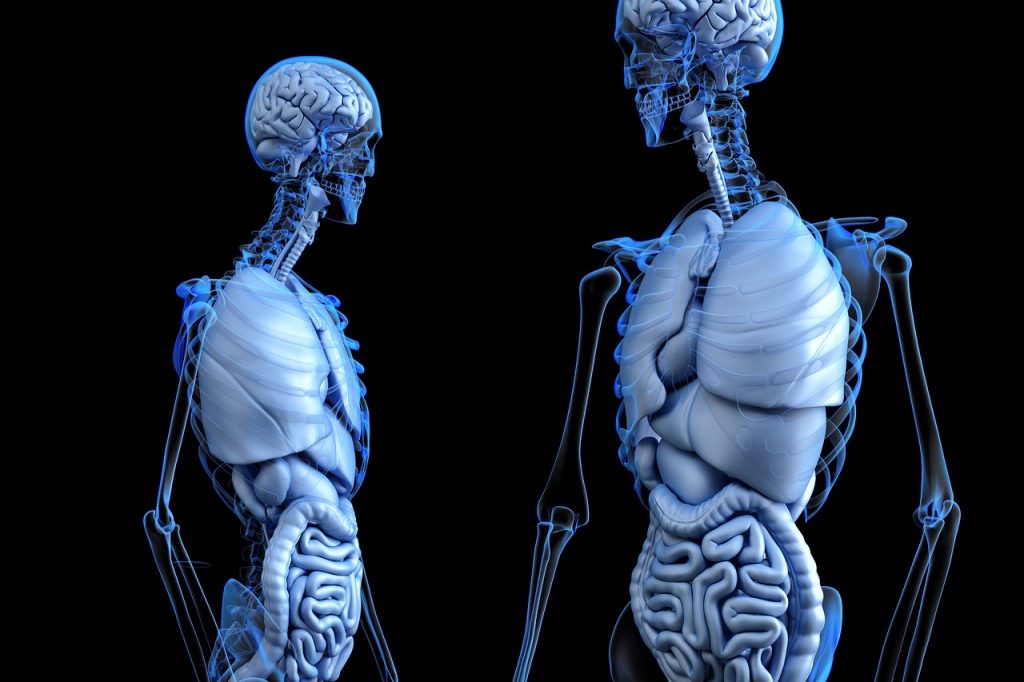How to keep the colon healthy? There are several keys to colon health. These are fiber, water, healthy diet, exercise, reducing stress, and friendly bacteria in the gut.

How to keep the colon healthy?
1. Get enough Fiber
What is fiber?
Fiber is the undigestible part of the plants we eat. Fiber binds with harmful fats, cholesterol, and toxins in the digestive system, and helps to carry those dangerous substances out of the body.
Fiber is very important for gut health. It provides the “bulk” which makes us go regularly. When there is enough fiber in our diets, the waste material moves through easier and faster. Fiber also helps us control the appetite and helps the body regulate the blood sugar levels more effectively.
Do you think you are eating enough fiber?
If you consume mostly processed foods like white flour products, then you might not be having enough fiber in your diet. When the whole wheat flour is refined and turned into white flour, almost all of the fiber is removed along with other nutrients. Foods high in sugar and overcooked foods are also poor sources of fiber too.
How to increase fiber intake?
Consume plenty of fruits and vegetables. You can also supplement with psyllium hulls which have proven to be one of the best source of supplemental fiber. Psyllium is a pure food fiber with no harmful side effects. When placed in water psyllium swells up to 14 times its original size, and helps both constipation and diarrhea.
2. Drink enough clean Water
Water is necessary to keep the stool soft so it can move through easier.
Obtain a good source of quality water free of toxic chemicals like chlorine, fluoride and aluminum flocculants.
Remember, milk is food, not a beverage. The only true beverage is plain water.
3. Follow a proper Diet
Your diet should consist mostly of organic fruits, vegetables, nuts, fish, pastured eggs, grass-fed meat, and some quality raw dairy. Do not consume a lot of whole grains, like whole wheat.
Cook your vegetables, but do not overcook them. Eat at least 2 servings of vegetables a day.
Never consume the artificial sweetener aspartame or sucralose.
Do not drink sweetened beverages. Eliminate sugar and foods made with sugar (cakes, pies, cookies, ice cream, candy) from your daily routine. Enjoy them only occasionally or on holidays.
4. Exercise regularly
Exercise increases peristalsis and stimulates the colon. The lack of regular exercise may cause constipation and other colon problems.
5. Reduce stress
When you are under excess or chronic stress, the entire digestive system tends to shut down and as a result, peristalsis slows down.
6. Maintain a Healthy Gut Flora
Maintaining a healthy gut flora is very important for colon health. Improper diet and the use of antibiotics can ruin the gut flora. A healthy person’s colon should have about 70% of beneficial bacteria, and about 30% of harmful bacteria. However, experts estimate that most Western people have 70% and more of the harmful bacteria and 30% or less of the beneficial bacteria.


